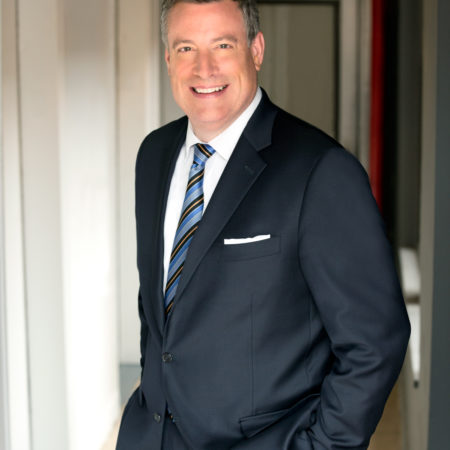This post was first published on CNBC.com.
It might sound heretical for a leader of a communications firm to suggest it, but lately I’ve been thinking that a lot of big brands and companies should take a vow of silence.
Not forever, but at key moments in time.
In this era of radical transparency, rather than trying to explain what you’re doing to fix a problem or poor performance or disappointing service, put all of that energy into fixing it first. Let people see the difference, then call in the communicators to amplify the actions you’ve taken.
Fortunately I’ve seen more and more companies coming to this realization: actions trump words and actions must precede words to have credibility.
The theme this week at the World Economic Forum Annual Meeting in Davos, Switzerland, is “The Great Transformation: Shaping New Models.” The delegates at the meeting will discuss new models for multi-stakeholder action on everything from sustainability to world peace.
Moving closer to home, I hope that corporate leaders and those of us in communications can agree that our best model is one that puts action on the front end of the process, followed by communication with customers inviting them to experience again the service or product and then use communications to amplify that experience and build advocacy at scale. Particularly at a time of high unemployment and economic divides, the public has little to no patience for companies that try to talk their way out of a mess before taking real action. It’s time to do the right thing and then, with humility, communicate about it.
Only real change will stand the test of time.
And real action is sustainable action that takes into consideration all of a company’s stakeholders: communities, employees, customers, and investors. It’s also not a time to expect to get off cheap with fixes to problems that come at little cost.
Echoing this perspective is Klaus Schwab, founder of the World Economic Forum, in an opinion paper he released last week in the run-up to Davos. Professor Schwab wrote, “Growing inequities within and between countries and rising unemployment are no longer sustainable and are triggering social protests, as witnessed throughout the world. We must rethink our traditional notions of economic growth and global competitiveness, not only by focusing on growth rates and market penetration, but also, equally – if not more importantly – by assessing the quality of economic growth. How is growth to be achieved in the future? How sustainable is it and at what cost to the environment? How are the gains distributed?” Acting in this way adds a complexity to decision making that not all leaders are ready to embrace, but it’s a critical evolution in this era in which “a brand is what a brand does.”
I still believe that companies need to fill the vacuum of information after a crisis or misstep, but it’s more important than ever to keep the initial focus on real action if you really want to silence your critics.
Want to learn key insights from the World Economic Forum? Click here to register for our complimentary webinar on January 30.



